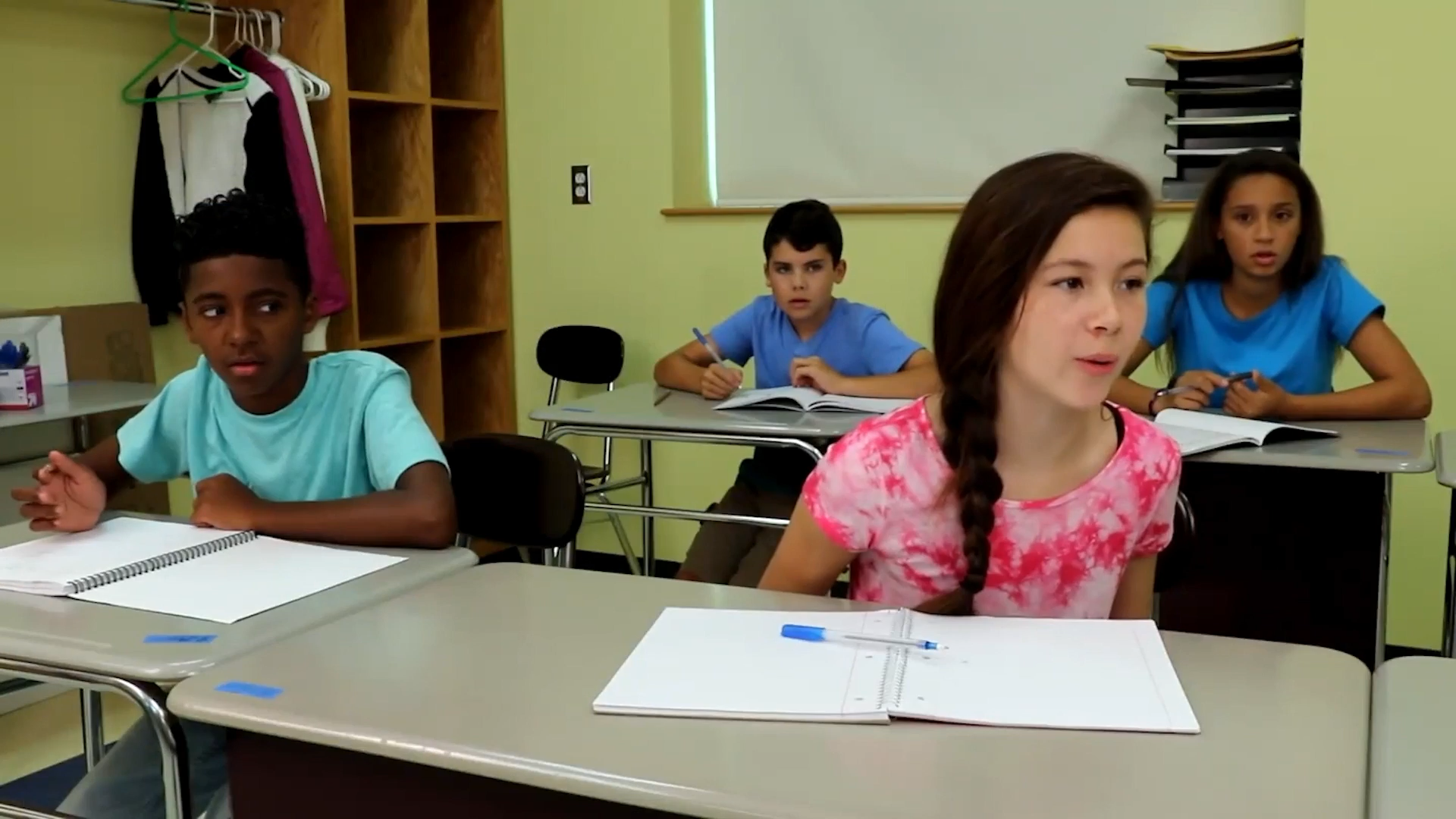Introduction
Blurting is a common behavior among elementary students, where they talk out loud when they are not supposed to. It can be challenging for students to wait their turn, especially when they are excited or have something important to say. However, it is essential for students to learn the importance of waiting their turn as it affects not only their teacher but also their classmates. In this blog post, we will discuss an effective no-prep activity to help students understand the consequences of blurting and learn to wait their turn. We will also provide discussion questions and mention other related skills for students to practice.
No-Prep Activity: The Blurting Game
This activity is designed to help students recognize when they might be tempted to blurt and practice waiting their turn. It requires no preparation or materials from the educator.
- Ask the students to sit in a circle.
- Explain that you will be playing a game where they have to wait their turn to speak.
- Start by saying a word or phrase related to the current topic of study.
- Ask the students to raise their hand if they have something to add to the topic.
- Call on a student who has raised their hand and let them share their thoughts.
- Continue the game, encouraging students to wait their turn and raise their hands when they have something to say.
- After the game, discuss with the students how it felt to wait their turn and how it affected the flow of the conversation.
Discussion Questions
- How did it feel to wait your turn during the Blurting Game? Was it difficult? Why or why not?
- How does blurting affect the classroom environment and the feelings of your classmates?
- What strategies can you use to help control the urge to blurt out when you are excited or have something important to say?
- Why is it important to respect the speaking turns of others in a conversation?
- How can practicing waiting your turn help improve your communication and listening skills?
Related Skills
Learning to wait their turn is just one of the many essential social-emotional skills that students need to develop. Other related skills include:
- Active listening: Encouraging students to focus on what the speaker is saying and respond appropriately.
- Empathy: Teaching students to understand and share the feelings of others, helping them become more compassionate and respectful.
- Self-awareness: Helping students recognize their emotions and thoughts, and how they influence their behavior.
- Self-control: Guiding students to manage their emotions and make appropriate choices in various situations.
- Cooperation: Encouraging students to work together effectively, sharing responsibilities, and contributing to a common goal.
Next Steps
Now that you have learned about the importance of teaching students to wait their turn and prevent blurting, we invite you to explore more social-emotional learning resources. Sign up for free samples of our skill resources and other materials at Everyday Speech. These materials will help you create a supportive and engaging learning environment for your students, fostering their growth and development in essential social-emotional skills.






